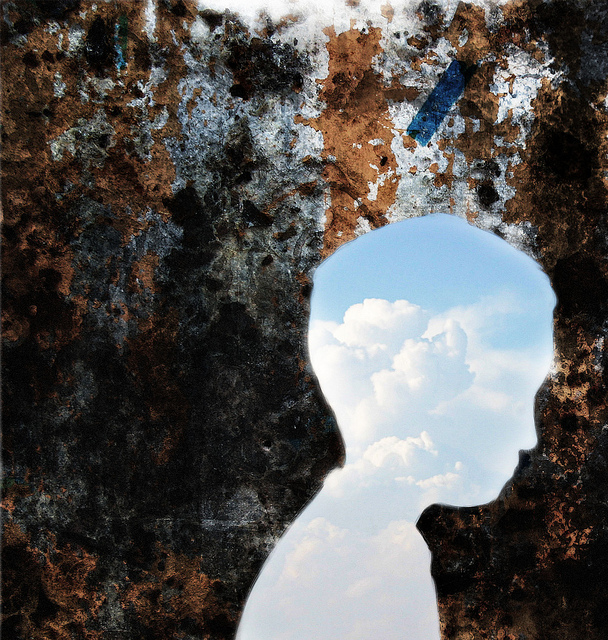Mo3, as friends knew him — Mohamud Mohamed Mohamud — from Hamilton and long before that Somalia, died this week in Syria, possibly fighting for ISIS. He was 20. He’d been a bright kid, on student council, got involved in religion, then politics. Sounds familiar. Oh wait, that would be me in high school and the years after. These young people aren’t monsters and haven’t had their brains or bodies snatched. They’re going through adolescence. It’s dicey.
He danced in a talent contest in public school, ran for president in high school, played video games, modelled clothing. And he got religious. “He started becoming very overtly religious and yet distancing himself from the Muslim community,” said a family spokesman. He even “harshly” criticized other Muslims. It all fits. You realize there are larger meanings. You want to take your place in the world as more than a family appendage. But you need to know you’re not just doing what they want you to, so you find a way to distinguish your version of whatever it is.
Then you add politics. It’s idealistic, like the religion. It’s about how the world should be and you can’t see why it’s so awful and unjust — now that you have your own mind to think with and your agency to act with. You can’t comprehend why your elders let it continue this way for so long. The times, they are a-changin’. His parents said he got radicalized at York. Of course. University is when kids encounter the world on their own terms. They try out delicious, repellent ideas.
The paths are unmarked and perilous for those setting out. One hopes for the best but the worst can happen. “He wanted to topple the Assad regime in Syria,” said the family spokesman — which is also Canada’s foreign policy. “But even if he didn’t intend to join ISIS, you go there for one purpose, you end up working for one gang or another.”
The young have special difficulty with issues of violence and means versus ends. It goes with their idealism. Since there is awful injustice, and an evident solution, why not use “any means necessary”? It’s not as though adults have resolved these dilemmas. Were the deaths of civilians along with ISIS fighters in U.S. bombings in Syria this week justified? Maybe if Mo3 had survived, he’d have drawn conclusions and turned into a useful member of his various communities.
So what is parents’ role? It’s not telling their kids what to do, since they’ll almost certainly not do it. And even more, not telling them what not to do, since they’ll likely do that, or try it out. If possible, it’s to assure that there’s a range of options for the young, a buffet of possibilities, that include some which are good and plausible or at least don’t take kids down the darkest roads. Options which the old themselves don’t embrace and might even find distasteful but that aren’t inherently vile or destructive. It’s not as if parents have left their kids a world in perfect working order, somebody should test different routes.
But ensuring decent options isn’t a task that parents can take on alone. It’s for all of society, especially its leaders. And believe me, pious denunciations of evil at the UN, by leaders with their own hideous, ongoing records to be ashamed of, won’t cut it with the young. I have that on vivid recall.
This week an Alberta leader of Somali Canadians asked the Harper government to expand outreach programs for youth. Their only response was a promise to protect “law-abiding Canadian families” by stripping citizenship under their new law for “dual-nationals who engage in terrorism.”
Well, these are law-abiding Canadian families whose kids are at risk and any criminal acts, including treason, can be dealt with already. All revoking citizenship does is dehumanize its targets, since citizenship is a human right. Do we really want Stephen Harper or Chris Alexander to decide who counts as human and who to exclude as monsters? This is sheer incitement of more anger and alienation. I’m against revoking anyone’s citizenship but if you were going to do it for encouraging radical, violent behaviour, you’d start with these official, elected provocateurs.
This column was first published in the Toronto Star.
Illustration: Jared Rodriguez / t r u t h o u t



